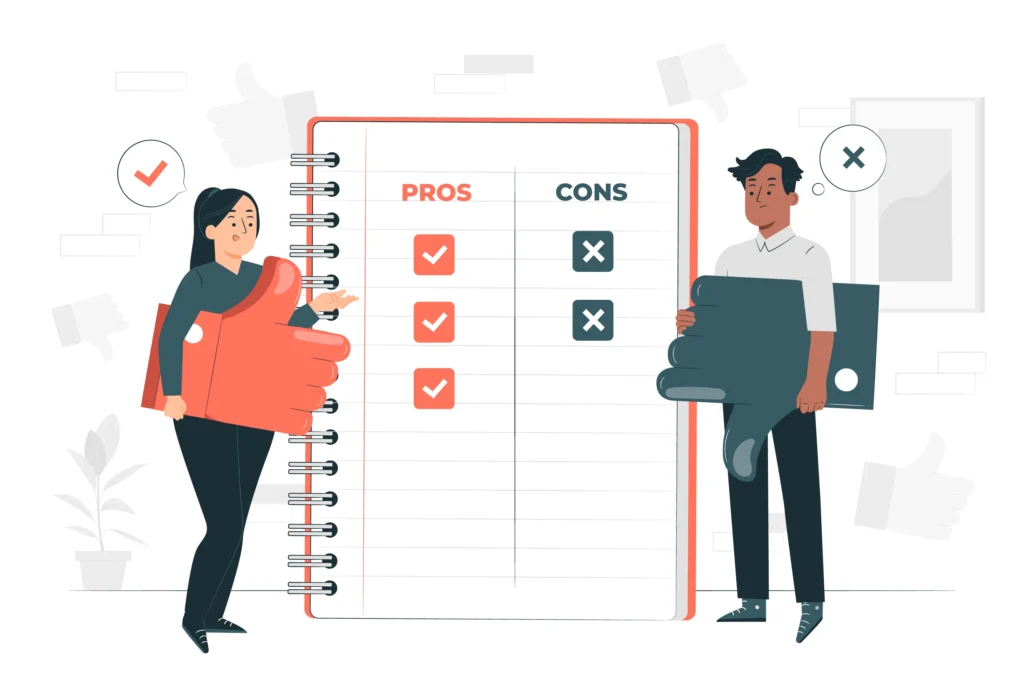Life will always involve stress, but if it is not handled well, the effects can be quite harmful. Three habits we frequently ignore but are among the most pernicious causes of stress are complaining, comparing, and criticizing. These three Cs hinder our progress on the personal and professional levels by subtly upsetting our tranquillity and starting a negative feedback loop. Let’s examine how these behaviours add to our stress levels and discuss doable solutions.
How Criticizing Contributes to Stress

Criticizing is generally motivated by unhappiness, whether with oneself or others. This behaviour can strain relationships and provide a bad atmosphere, which increases stress. Critiquing others all the time makes us concentrate on problems rather than strengths, which promotes a negative attitude.
Actionable Steps to Overcome Criticizing:
- Practice Self-Awareness: Start by becoming aware of your criticism. Recognize these instances and consider the underlying causes of your discontent.
- Shift to Constructive Feedback: Provide helpful criticism as an alternative to criticism. Pay more attention to what can be done better than to what went wrong.
- Cultivate Compassion: Recognize that errors are inevitable for everyone. Be empathetic and eager to assist rather than to condemn such situation
How Comparing Contributes to Stress

A lack of confidence and a sense of inadequacy can result from comparing oneself to others. In the era of social media, where we are regularly confronted with pictures of other people’s supposedly flawless lives, this habit is especially common. This contrasting trap can cause stress and nervousness by making us feel not adequate.
Actionable Steps to Overcome Comparing:
- Set Personal Goals: Instead of evaluating yourself to others, focus on your own personal growth. Develop attainable objectives that reflect your values and ambitions.
- Limit Social Media Use: Reduce your time spent on social media networks. Recall that individuals frequently provide only the most positive aspects of their lives—not the whole story.
- Celebrate Your Achievements: Recognize and appreciate your accomplishments on a regular basis, no matter how modest they appear.
How Complaining Contributes to Stress

A negative perspective can be sustained by complaining, even if it’s a common approach to release frustration. When we focus on issues instead of solutions, we feel overwhelmed and powerless. This continual pessimism may reduce our vitality and results in chronic stress.
Actionable Steps to Overcome Complaining:
- Practice Gratitude: Change your focus from what is wrong to what is right in your life. Keep a thankfulness diary and record three things you’re grateful for every day.
- Solution-Oriented Thinking: When faced with a problem, seek answers rather than whining about it.
- Mindful Communication: Be wary of your words. Before you talk, analyze what you are about to say is helpful or simply an issue to address.
Embracing a Positive Mindset
Breaking away from the Three Cs necessitates a deliberate effort to alter our thought patterns and actions. It’s about cultivating a positive attitude and concentrating on the things we can manage. Remember that stress is often caused by how we perceive and respond to things. We can live a more pleasant and stress-free presence by overcoming our bad habits of criticizing, comparing, and complaining.
In my own words, “The greatest weapon against stress is our ability to choose one thought over another.” Let us opted for thoughts that inspire us and encourage peace.
Think again:
- Buddhu associates with other people/situations and creates stress.
- Buddha is aware that other people/situations can create stress but does not let it affect him.
We can transition from a state of tension to one of serenity and contentment by changing our mentality and breaking away from these destructive patterns. Let us commit to this transition together.
For more insights and practical advice on personal change, I recommend reading my book, Life of Buddhu to Buddha. This book digs deeper into stress-management techniques and personal development strategies.
Consider attending one of my workshops or scheduling a one-on-one session to continue your journey toward life transformation and personal improvement. Let’s work together to unlock your potential and live a more satisfying, stress-free existence.
